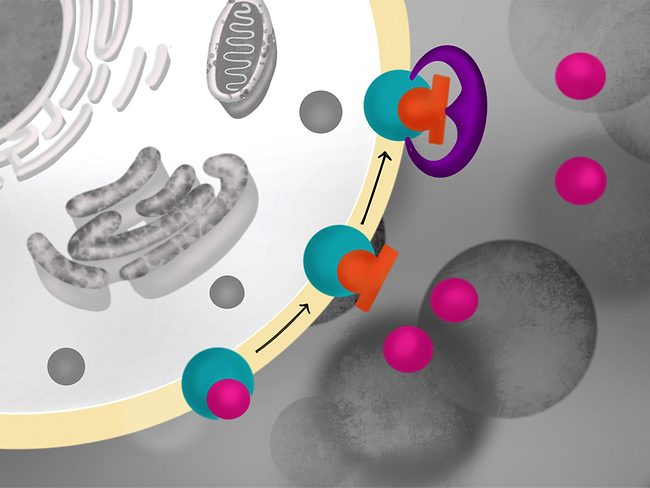
BioWorld Science
Substance use & poisoning
Compound enhances naloxone’s effect in reversing opioid overdose
Read MoreNeurology/psychiatric
Novel MAGL inhibitor exerts neuroprotection in multiple sclerosis models
Read MoreNeurology/psychiatric


